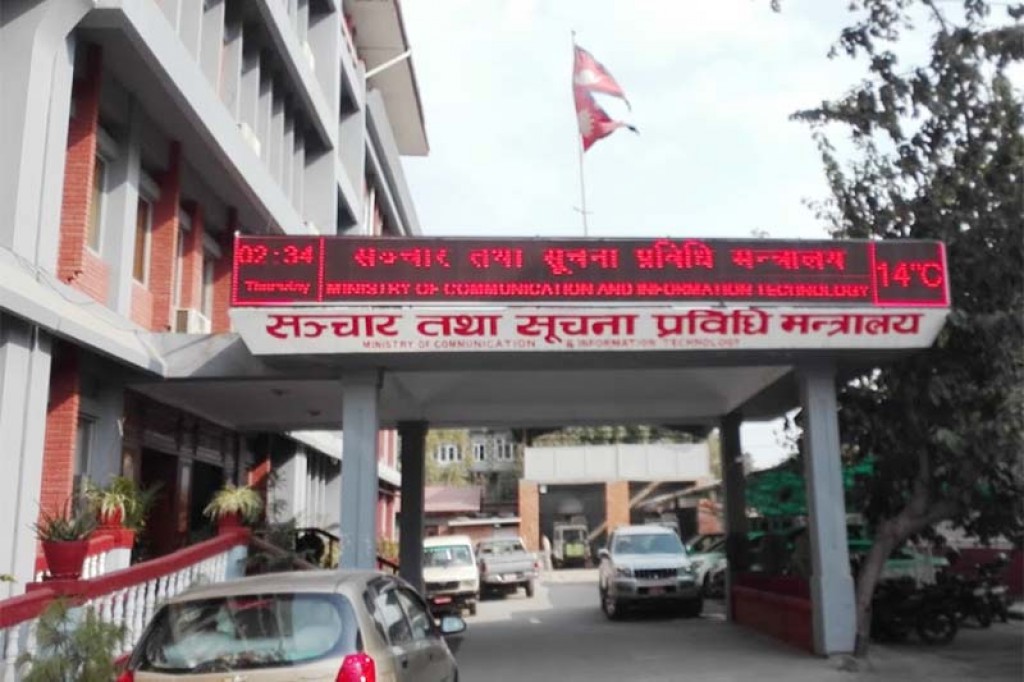

The Government has aimed at developing the country as a hub for information technology. Minister for Finance Barshman Pun, while presenting the budget for the fiscal year 2023/24 at the joint meeting of federal Parliament today, said that it is estimated that exports worth three trillion rupees will be made in the information technology sector in 10 years.
He said that with the goal of generating 500,000 direct and one million indirect jobs in the sector, the next year will be announced as the commencement year of the information technology sector.
The budget expects to help establish information technology as a supporting sector for the national economy and prepare a legal basis for adopting the latest information technology in the country. According to Minister Pun, the development, promotion and regulation of artificial intelligence (AI) will be arranged accordingly. “In the field of information technology, high-speed, reliable and high quality Internet services and intellectual property protection will be ensure with stable policy,” he said.
Institutional arrangements will be made for the implementation and monitoring of the Digital Nepal Framework by revising it. A total of Rs 690 million has been allocated for the project. The government is going to advance the work of information Technology Park with infrastructure such as high-speed internet, electricity security by using appropriate government and private buildings in Kathmandu Valley and Butwal in the new fiscal year.
Free space will be provided to operate the ‘work station’ in the park for three years. Multi-storied buildings will be constructed at Charkhaal in Dillibazar, Kathmandu, for the operation of state-of-the-art information technology hub in joint policy partnership programme.
Similarly, Rs 170 million has been allocated to establish a knowledge park at Khumaltar in Lalitpur. The government has arranged for public bodies to give preference to domestically produced software.
Government is planning to develop standards for the data centres to be operated from the policy sector while upgrading the existing government data centers. The budget mentions the issue of making the storage, security and use of electronic data systematic and reliable, and making arrangements for ‘internship’ of young people who are studying information technology at the bachelor’s and master’s level in the information technology-related institutions.
The budget aims at providing high-speed internet to all wards, centers, community schools and health sectors and to reduce the ‘digital divide’ in backward areas, women and communities.